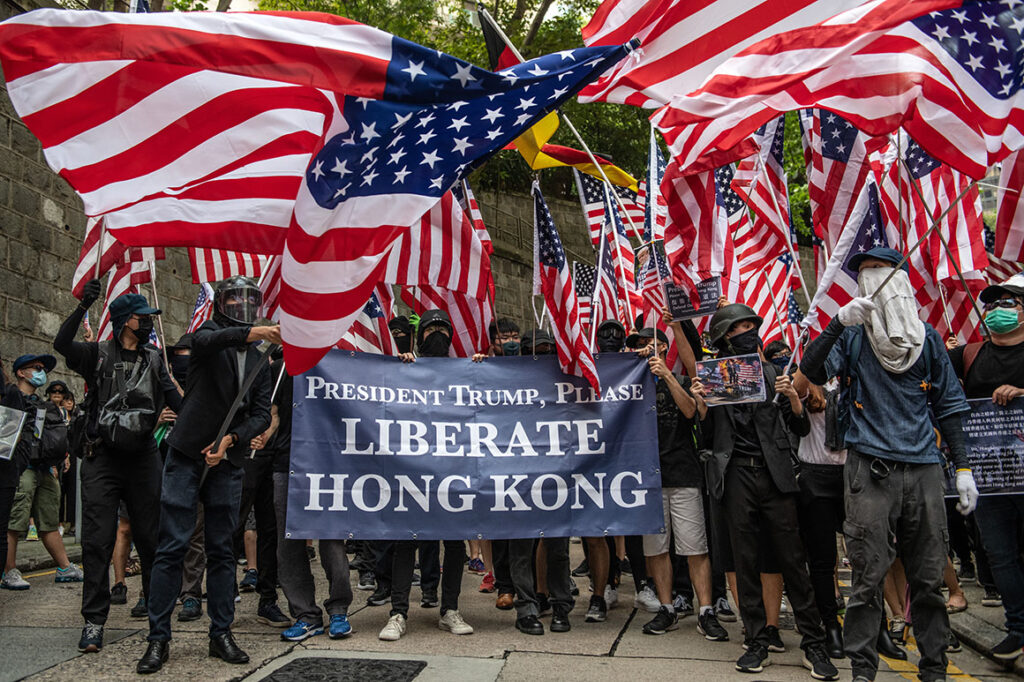On Friday, the United States announced plans to implement new visa restrictions on several Hong Kong officials as a measure against the suppression of rights and freedoms within the territory under Chinese governance.
Secretary of State Antony Blinken highlighted that China has continued to undermine Hong Kong’s autonomy and democratic institutions through various actions, including the recent enactment of Article 23, a national security law.
“In response, the Department of State is announcing that it is taking steps to impose new visa restrictions on multiple Hong Kong officials responsible for the intensifying crackdown on rights and freedoms,” Blinken articulated.
Although specific officials targeted by these restrictions were not disclosed, the move comes after Hong Kong condemned a U.S. bill from November proposing sanctions against 49 of its officials, judges, and prosecutors over national security cases.
This bill named several key figures, including Secretary for Justice Paul Lam and Police Chief Raymond Siu among others, accusing them of playing roles in undermining freedoms.
The U.S. has previously sanctioned Hong Kong officials and ended the territory’s special economic status under U.S. law, cautioning that financial institutions engaging with them could face sanctions.
Blinken’s statement also referenced the U.S. Hong Kong Policy Act, which mandates an annual State Department report to Congress on Hong Kong’s condition.
He confirmed that Hong Kong does not deserve the same U.S. legal treatment as before its 1997 handover from Britain to China.
“This year’s report catalogs the intensifying repression and ongoing crackdown by PRC and Hong Kong authorities on civil society, media, and dissenting voices,” he noted.
China and Hong Kong officials have criticized the U.S. stance, labeling the sanctions as gross interference in China’s internal affairs and urging the U.S. to cease its involvement in Hong Kong matters.
The Commissioner’s Office of China’s Ministry of Foreign Affairs in Hong Kong and China’s embassy in Washington both strongly opposed the U.S. actions, accusing it of misconstruing facts and making baseless accusations.
The backdrop of these developments includes Radio Free Asia’s closure of its Hong Kong bureau due to safety concerns after the national security law’s enactment.
Hong Kong’s transition back to Chinese sovereignty was supposed to ensure its autonomy and freedoms under a “one country, two systems” framework.
However, the territory has seen a significant crackdown on pro-democracy figures, media, and civil society, with calls from community and advocacy groups for sanctions against officials involved in the security law’s passage and a reevaluation of Hong Kong’s global economic and trade offices.
